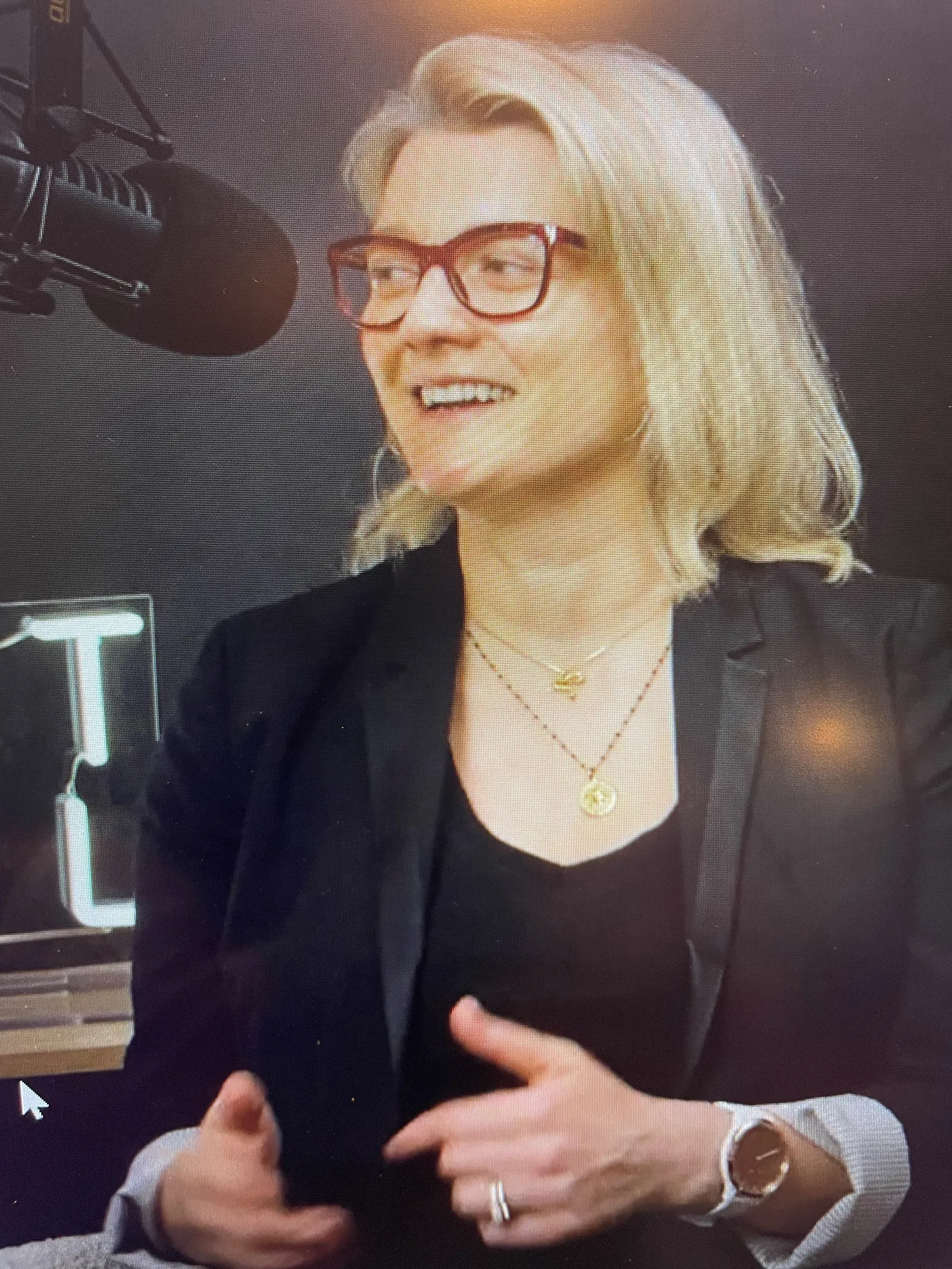Success as in-house counsel requires unlearning much of what you learned in law school because your value isn’t in the quality of your legal arguments but your ability to align the company’s legal strategy with its business goals, says Deanna Sheridan, vice president of legal at 3Step Sports.
“You don’t have anything else if you don’t have that alignment with the executive team,” Sheridan said in a webcast hosted by Tim Parilla, chief legal officer of LinkSquares, a contract management software company.
Sheridan said she quickly learned leadership wants in-house counsel to translate company goals into legal terms so it can pursue its business strategy.
“That was the biggest transition I’ve had in my career,” Sheridan said. “Prior to that, you’re always reporting to an attorney. The executive team does not have time for your legal analysis. I had to learn that very quickly because our CEO would maybe give you 30 seconds.”

In most cases, she said, the executive team doesn’t want to know why you’re making the recommendation, as long as they trust you’re making it on the basis of sound legal reasoning.
“They just need to figure out if your recommendation aligns with where the rest of the business team is going and, if not, why,” she said.
New team
Sheridan joined 3Step, a youth sports company, two years ago to create its legal team. She hired an attorney she worked with previously to handle much of the mechanics of the company’s contracting workflow and was able to attract two people already working at the company to bring their operations experience to the legal team.
“They both raised their hand to come over, which was astonishing,” she said. “The fact that joining legal sounded interesting to them and they wanted to dive in was really reassuring. It was really, like, instant legal team when we all got together.”
Without the operations staff and the legal tech they helped implement, the workload that she and the other attorney shoulder in a company with almost 1,200 employees would have been much heavier. “They’ve been absolutely instrumental in helping us stand up all of these processes,” she said.
Youth leagues
3Step operates in all 50 states and is organized around nine sports categories, including football, baseball, basketball, soccer and field hockey. Each sport comprises a business unit and each unit enters into vendor contracts for branded apparel, equipment, playing facilities and tournament events, among other things.
In the same way it tries to tailor communications to the executive team, the legal team tries to tailor its communications to each business unit head, whose focus isn’t on why something can’t be done; it’s on how legal can help them get their deal closed.
“These are the boots on the ground,” said Alex Praschma, senior corporate counsel and director of safety at 3Step. “They’re not focused on the paperwork that has to happen for something to be handled in the proper way. ‘What do I need to do to get this contract signed? What do I need to get this certificate of insurance?’”
Praschma said he tries to break down contract risks in terms that his business partners can appreciate. “‘This is the reason we’re not signing this contract right away,’” he said. “Or, ‘Here’s something you need to manage in terms of this relationship.’ So, you have to be able to translate a lot of what the risk is and also what the initiatives are at the higher level.”
The task, in other words, is breaking down the risks a contract poses in a way business partners can appreciate while also doing the legal work that protects the company.
“How can I translate this in a way that helps them understand what the risk is but also helps the business move forward in the best possible way?” he said.
And that’s not something in-house counsel learn in law school. “In the old days we referred to them as soft skills,” said Sheridan. “I’ve learned far more in the last six years just focusing on communication skills and leadership styles.”











